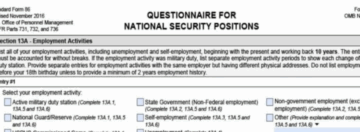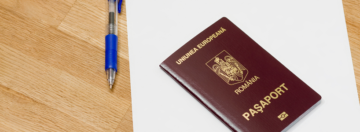Covering Up Friend’s Death Due to an Overdose Results in Clearance Denial

Having been in the military myself many years ago, it always astounds me when I read about military personnel who blatantly use drugs while in the service, even though they know it is not allowed. I guess with easy access to a variety of drugs, especially overseas, the temptation is too much for some. Here are the highlights of a Defense Office of Hearing and Appeals (DOHA) case that had some unusual twists.
This applicant was on active duty in the Air Force from 2015-2021 before getting discharged for illegal drug use and criminal conduct. Specifically, he and another airman purchased and used marijuana, Xanax, and cocaine while holding security clearances. In 2020, the applicant and his friend were doing drugs on base in the friend’s dorm room when at some point he noticed his friend wheezing and unable to breathe. The friend turned blue in the face and eventually stopped breathing. The applicant panicked, and instead of calling 911, removed all the drug evidence from the room and left. The next day he called another friend to have them check on the friend the dorm room, and of course they found the dead airman. During subsequent questioning in the ensuing investigation, the applicant eventually admitted to what really happened and to using drugs multiple times.
The DOHA judge in this appeal was of the opinion that the illegal drug use, criminal, and personal conduct issues were too serious and too recent to be mitigated. The fact that the applicant ran away from his friend who was suffering from an overdose instead of trying to get help is significant in whether trustworthiness and reliability concerns are resolved. Clearance eligibility was denied. You can read the entire case summary here.



Start the discussion